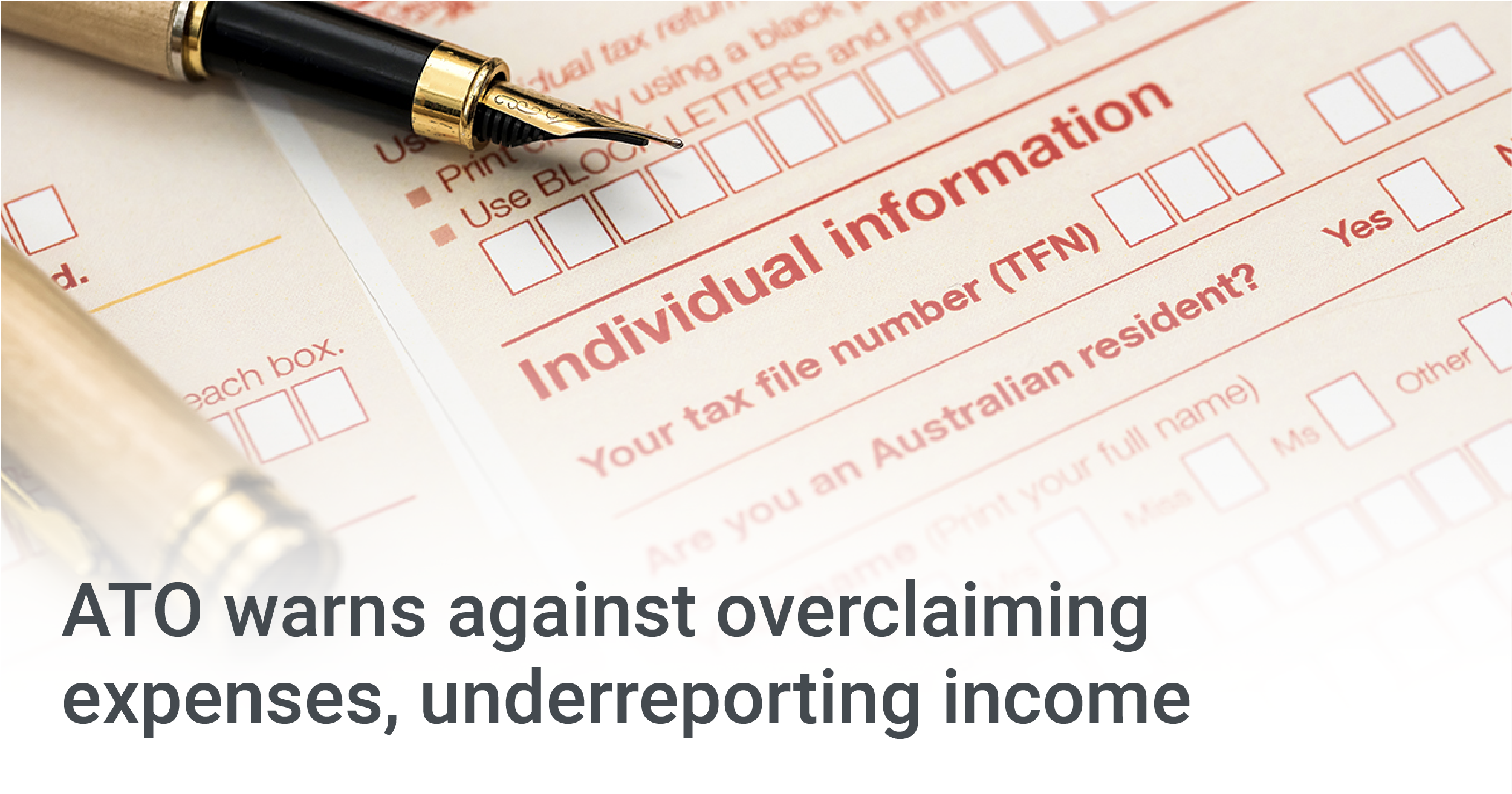
The Australian Taxation Office warned small businesses that it will focus on three main areas when assessing the FY22 tax returns.
The first area the ATO plans to examine closely is overclaiming on expenses and claiming deductions for private expenses that are unrelated to business income.
The second area is the potential omission of certain income streams, such as revenue from new business ventures or the sharing economy.
Finally, the ATO will hold businesses accountable for their record-keeping, including insufficient or non-existent records that are needed to substantiate claims.
ATO assistant commissioner Andrew Watson said if businesses are feeling overwhelmed with preparing and lodging their FY22 tax returns or are behind with their tax, they should inform the ATO as soon as possible so the two parties can work together to find a solution.
“No matter what your situation is, it’s never too late to ask for help. Tax time is also a great time to discuss ATO debts with your registered tax professional or the ATO – and set up a payment plan if you need one,” he said.
For more information, refer to the ATO’s tax toolkit for small businesses.
Overclaiming Expenses and Underreporting Income Reduces Borrowing Capacity
Another factor to note when preparing for tax time, particularly if you are self-employed, is borrowing capacity. If you actively reduce your income by inflating expeses and/or underreporting income, this will reduce the amount of money you are able to borrow.
So, if you plan on applying for finance, please consult your mortgage broker in order to determine your borrowing capacity before finalising your taxes. It is important to get the balance right between tax minimisation and borrowing capacity.
